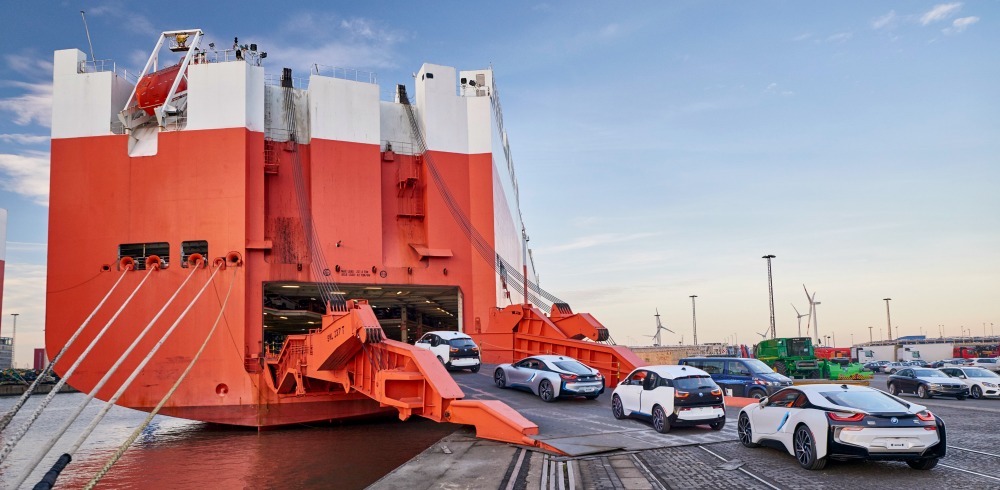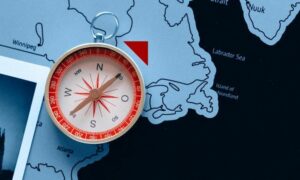Portugal is a wonderful country with wonderful sights and places. However, public transportation and infrastructure to reach those places are not that wonderful, and that’s why so many people choose to use a car or motorcycle as a means of transportation. Buying a car once you’ve already moved is definitely an option but you need to consider that due to taxes and to the geographical location of Portugal, purchasing a vehicle is quite expensive compared to other European Union countries.
Furthermore, if you decide to bring your car or motorcycle when you move, there is a vehicle importation tax you must pay in order to exchange the foreign license plate for a Portuguese one. You must do this within the first six months after establishing your residence in Portugal.
Although there isn’t a common law regarding this in the EU, there are policies to which most of the countries have stuck in order to make it simple and affordable. Unfortunately, Portugal is the exception.
Portugal has been fined and even sued over its unfair taxes, and even though there were some changes in the calculation formula of the importation tax in 2020, the amount is still quite high compared to other countries. There is an online simulator you can use to calculate the amount you’ll need to pay when bringing your car.
The great news is that there is a work-around to avoid paying such high taxes if you are moving permanently to Portugal.
If you are moving permanently AND meet the other criteria you don’t need to pay the tax.
These are the requirements you need to meet:
• You must be 18 years or older.
• You must have lived in the country of origin of the car for at least 12 months.
• You must have been the legal owner of the car for at least 12 months. If you move permanently to Portugal but you haven’t owned the car that you’re bringing with you for the past 12 months, then you must pay the tax.
• You must have had a valid driving license for the last 12 months.
• You must have a NIF number.
If you meet the above criteria, the second step would be to prepare all the documents you need before going to your local customs office (Finanças). Remember that due to the COVID 19 pandemic, most of these offices are just working through appointments.
These are the documents you have to take with you the day of your appointment:
• Customs Vehicle Declaration (model 22.1101) and Exemption Request (model 22.110) filled online at Finanças.
• Registration certificate and title deed registration.
• Certificate of conformity (model 9) from IMT and technical inspection form (model 12) from an authorized inspection center.
• Valid driving license for the last 12 months before the change of residence.
• Personal identification document and NIF number.
• Official certificate of residency from the origin country.
• Any sort of documents attesting that you lived in the origin country: household income receipts, water or electricity consumption, salary receipts, etc.
After establishing your residence in Portugal, you are allowed to drive a car with a foreign license plate for six months. After six months, if you haven’t exchanged it and the police stop you, you will receive a fine and will be prevented from driving the vehicle. They will also confiscate the title of the car and give it to Alfândega. In order to get the documents back you must pay the fine and inform them what you will be doing with the vehicle.
There are three options:
• Scrapping the car: they will give you copies of the documents so you can start the process but will just give you the original ones back after you bring the scrapping certification (certificado de abate)
• Taking it out of the country: you will have to fill a document stating when, how and through where the car will be leaving the country.
• Exchanging the license plate: but, of course, paying the full amount without any tax exemption this time.

About the author:
Mónica Da Silva was born in Venezuela but her parents and grandparents are Portuguese. She’s a teacher and translator. Mónica lived in Bonn, Germany for six months and has been in Lisbon for almost three years.
She speaks Spanish, Portuguese, English, French and a bit of German.
Read more of Mónica’s posts for Dispatches here.
Read more about Lisbon and Portugal in our Dispatches archives
See Mónica’s list of Portugal’s best music festivals here.
Mónica da Silva is half-Venezuelan, half Portuguese and has lived in Venezuela, Portugal, Spain and Germany. She has studies linguistics and has a Bachelor’s Degree in European Studies. Besides contributing to Dispatches, she works remotely as an English teacher, which allows her to be on the move as often as she wants.














